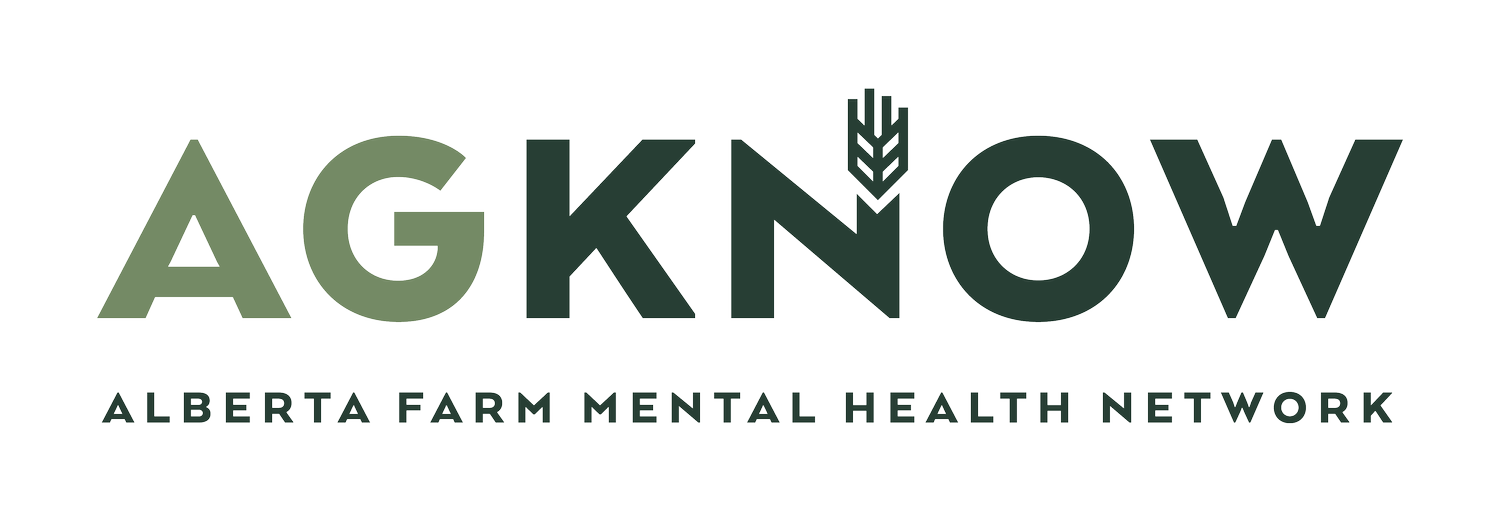STRESS OR ANXIETY - WHAT DO YOU MEAN IT’S BOTH?
We’ve all felt anxious at one point or another in our lives. It’s a very normal reaction to stress. It’s feeling worried, panicked, fearful, and uneasy about a future concern. We might even feel faint, sweaty like our heart is racing, or we have legs that feel like jelly.
Because these feelings can be so unpleasant, our anxiety can lead to us avoiding certain situations.
Now, in some situations, anxiety can be beneficial. It might alert us to certain dangers in our environment, and it can help us prepare and pay attention to keep ourselves and others safe.
But when anxiety extends beyond that typical nervousness we might feel from time to time and starts interfering with our day-to-day activities, it might be a warning sign of something to be concerned about.
Generalized anxiety disorder is a mental health condition that makes a person feel extremely fearful or nervous, constantly overwhelmed, and worried about things - even when there’s little or no reason to be worried about them. Anxiety is the most common type of mental health condition, affecting nearly 30% of adults at some point in their lives.
DON’T IGNORE THE PROBLEM, THINKING THAT IT WILL GO AWAY ON ITS OWN.
THE LINK BETWEEN STRESS AND ANXIETY
Experts don’t know exactly what causes anxiety, but they almost all agree that it can be brought upon and get worse during stressful times.
As a farmer, you know stress! In 2020, a group of researchers surveyed 170 farmers and ranchers in the Midwest. When asked what were the top stressors in their life, personal finances, time pressures, economic conditions, and dealing with their employees were their top concerns.
And all of these stressors were related to anxiety. About 71% of farmers and ranchers surveyed met the criteria for Generalized Anxiety Disorder -- a rate that is a lot higher than what we usually see in the general population and probably a reflection of the amount of work stressors farmers face.
In addition to ongoing worry and fear, some physical symptoms often accompany anxiety too:
Being restless, such as pacing or nail biting
Feeling on edge or irritable
Being easily tired out
Feeling your heart is racing
Having trouble concentrating
Feeling muscle aches and stomach aches
Getting headaches and feeling like someone is tightening a rubber band around your head
Finding it difficult to fall asleep or stay
If you or someone you know has some of these symptoms, it would be helpful to talk to your family doctor or a counsellor about ways to reduce anxiety. There are a number of effective treatments available to help people lead normal, productive lives.
HERE ARE SOME TIPS IF YOU THINK YOU OR SOMEONE YOU KNOW IS DEALING WITH Stress & anxiety:
Work on Getting Quality Sleep. We know it’s difficult to get a restful sleep when times are stressful, but quality sleep is really important to staying healthy. The American Academy of Sleep Medicine recommends that most adults need seven to eight hours of sleep each night. Having less than this on a regular basis can slow your reaction time, increase the chances that you make mistakes, and cause you to take more risks. If you’re having trouble sleeping, ensure you turn off all the lights and eliminate sounds. This means turning off the tv and putting your phone down -- these can disrupt your body’s natural sleep cycle.
Keep Communication Lines Open. Remember that anxiety is a pretty common experience among farmers, so chances are you know a fellow farmer who knows exactly how you’re feeling. Reach out to friends, family, and neighbours. Phone, email, or video calls such as Skype or Zoom are all great options for staying in touch with your team and loved ones. Be honest about your struggles and be willing to listen to others' concerns.
Watch your alcohol intake. If you’re feeling anxious, it’s better to put the beer back in the fridge and contact your doctor or mental health professional instead. Drinking away your anxiety and stresses won’t make them go away, but a professional can give you the tools to learn how to cope so that you can be a productive producer.
So, how are you, really?
We know how hard it can be to check in with yourself when it’s busy around the farm. We’ve created a completely anonymous self-check-in tool to help you take a minute to see how you’re really doing.
Struggles with mental health are common in the farming community. In fact, many farmers and farming families report very high levels of stress, signs and symptoms of burnout, depression and anxiety. Sometimes, it’s good to take a moment and check in on how things are going.
Article by Dr Rebecca Purc-Stephenson
Applied Social Psychologist and Professor in the Department of Social Sciences
BOOKING AN AGKNOW SESSION
CHOOSE A THERAPIST
The members in our referral network have experience with farmers and the agriculture industry in Alberta. We know context is important so you can spend less time getting them up to speed and more time getting to the root of the issue.
SCHEDULE A CALL
You have direct access to everyone in our referral network, so once you find a therapist you resonate with, fill out their form and book your first session.
TALK ABOUT IT
Whether in person, virtual or through a telephone session now is your chance to talk about how you are really doing. Remember - we were never meant to do this alone.




